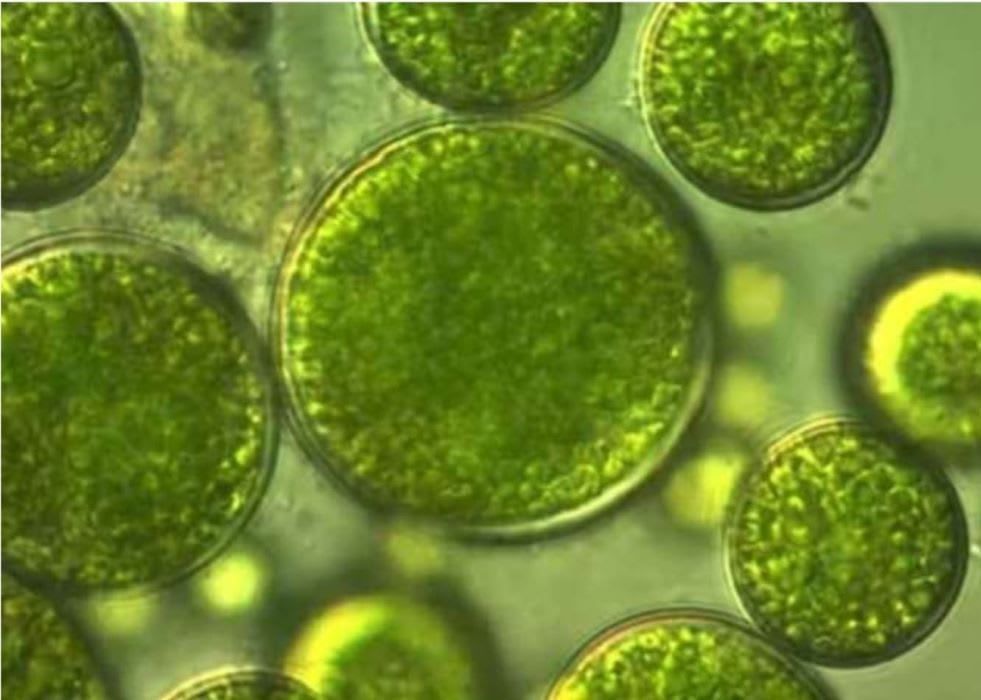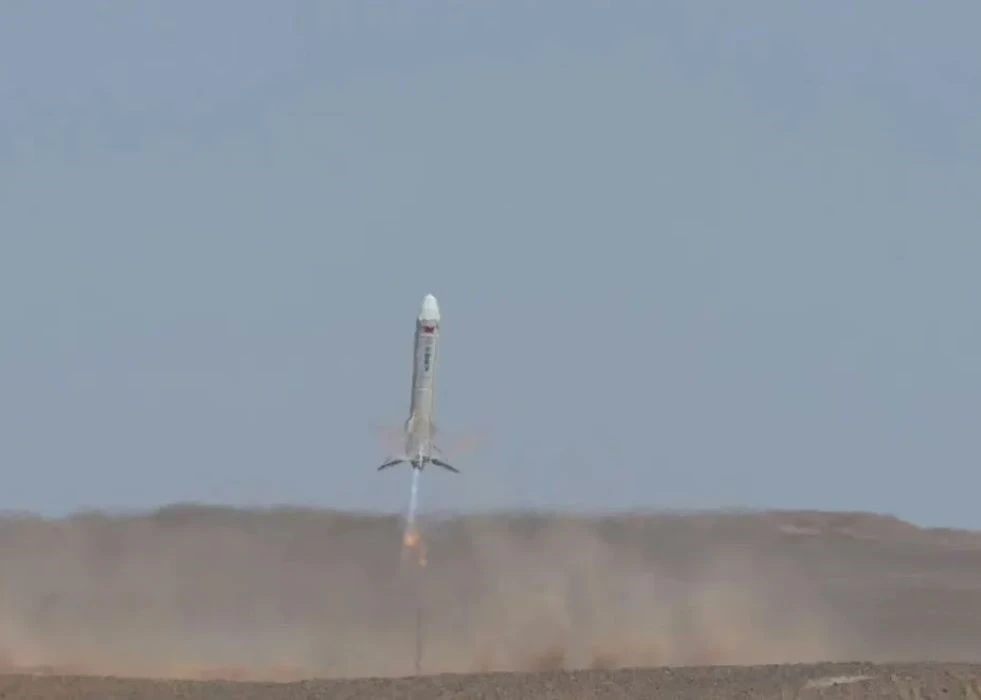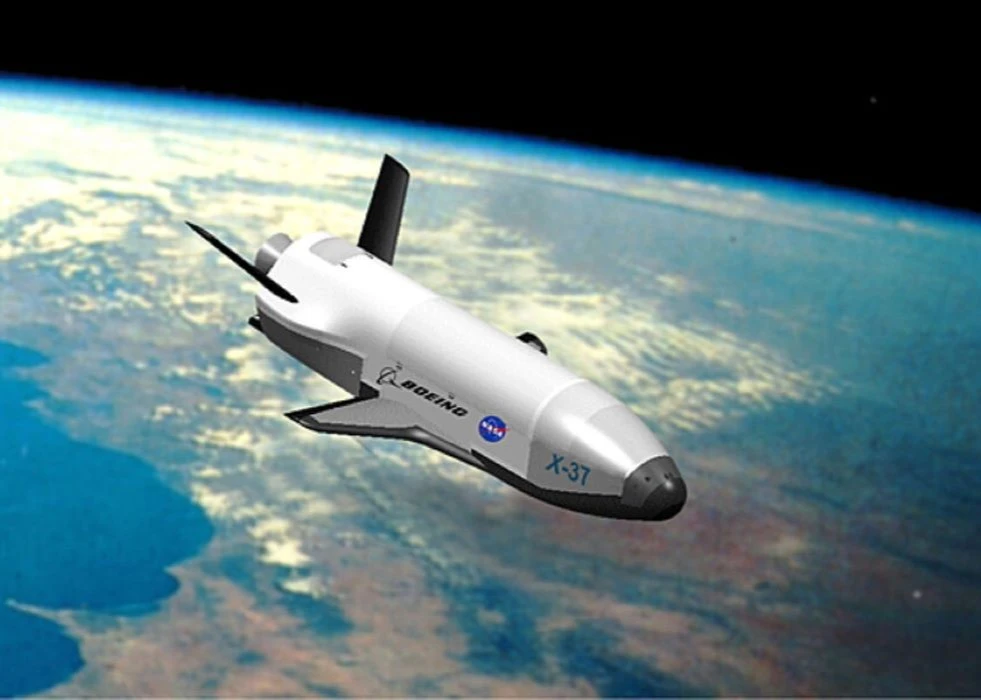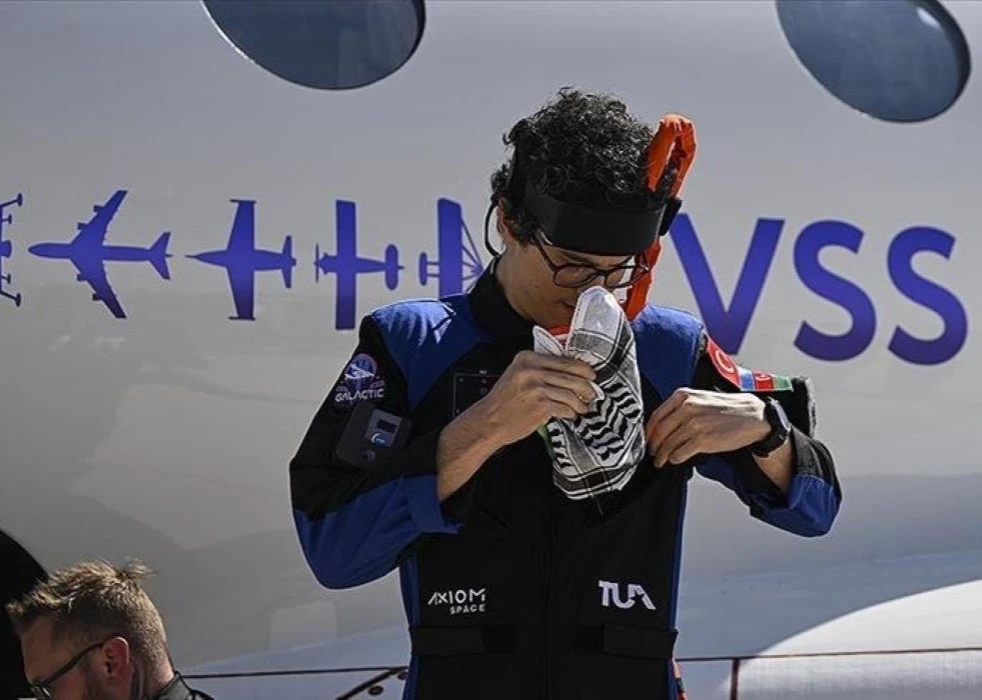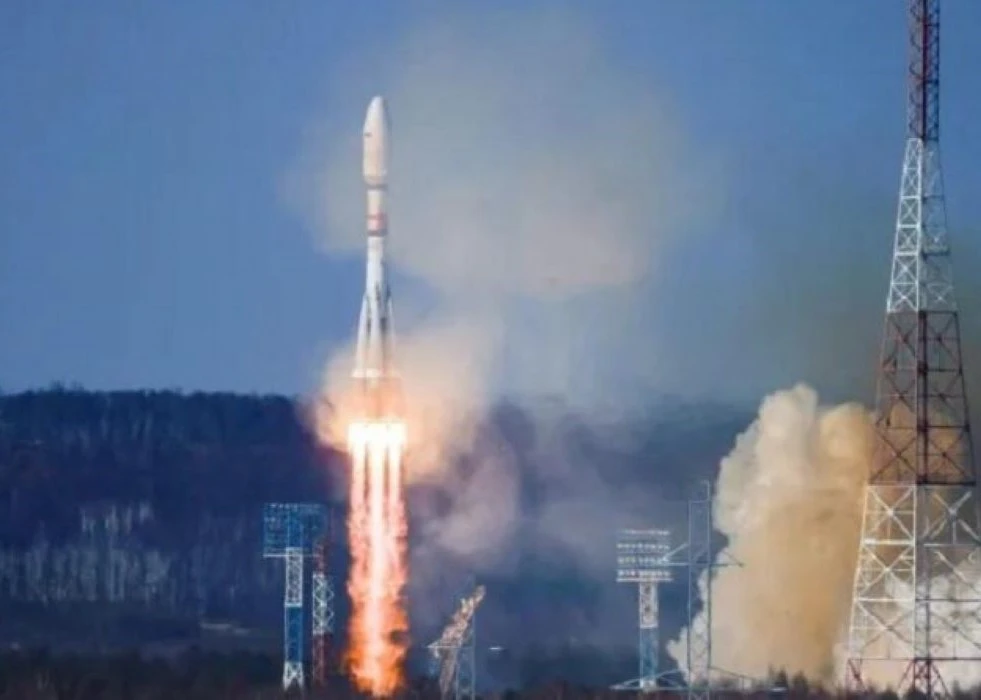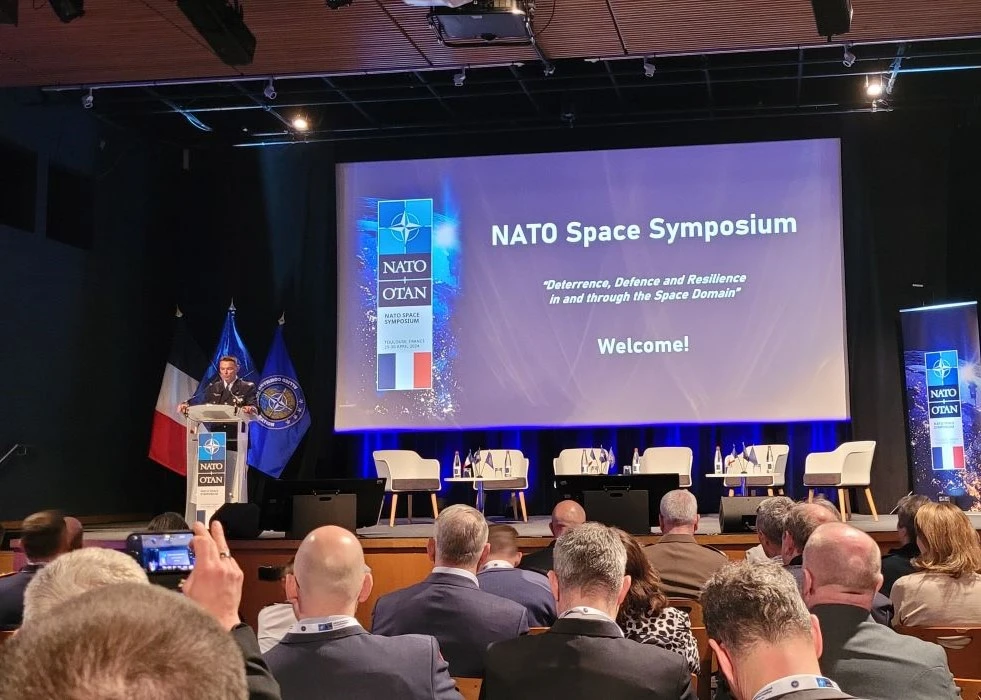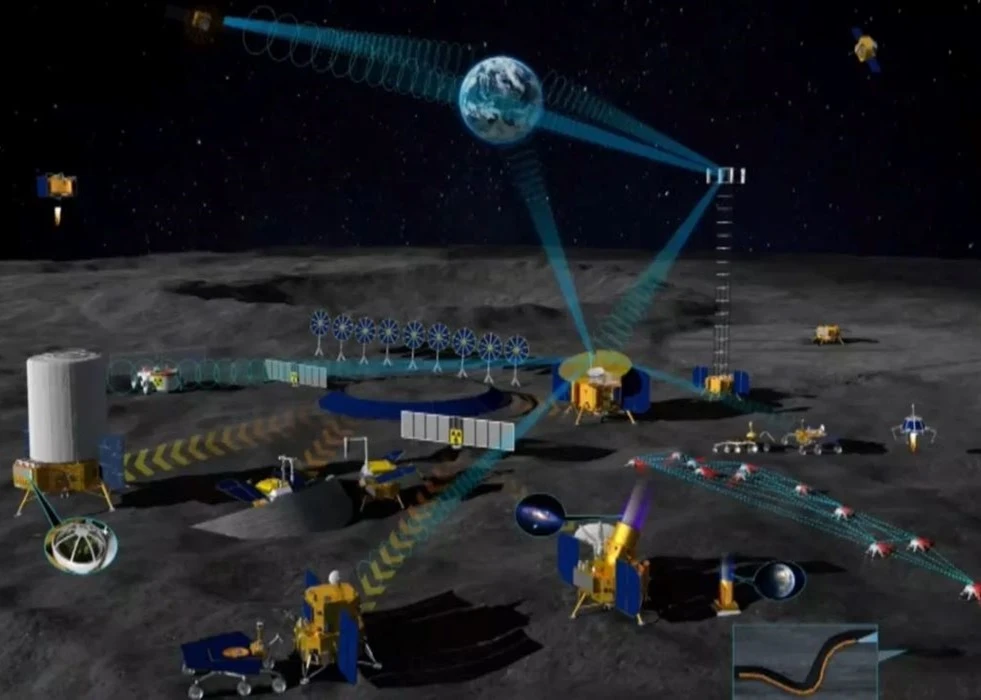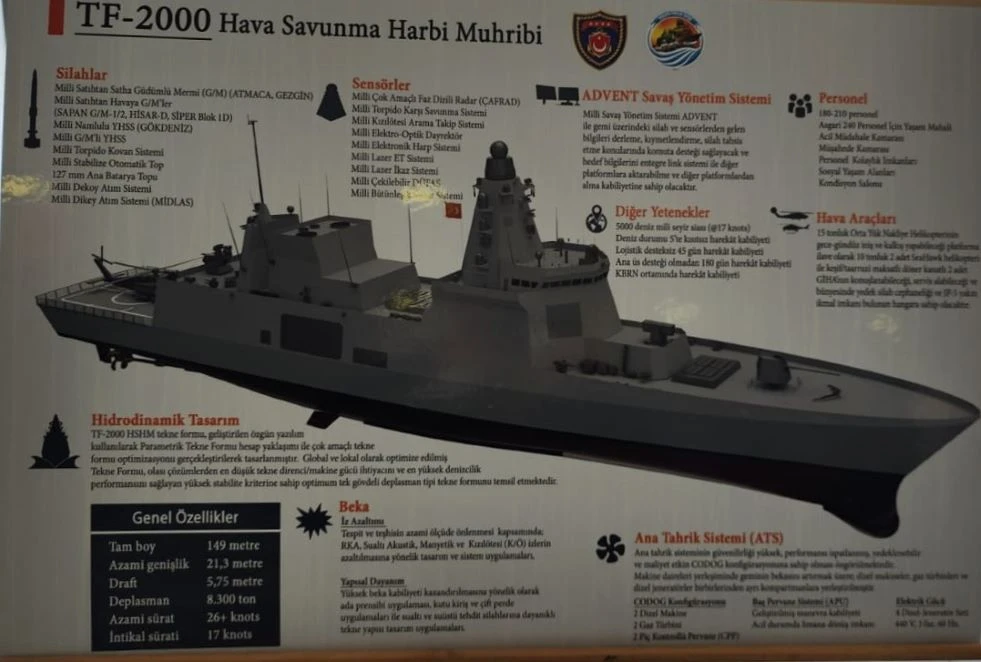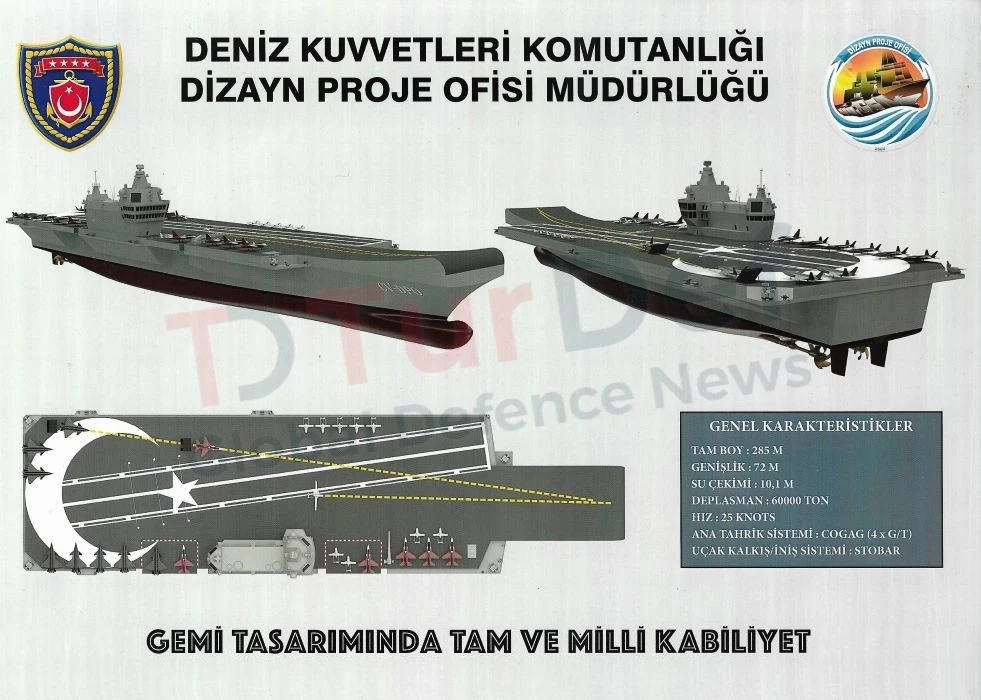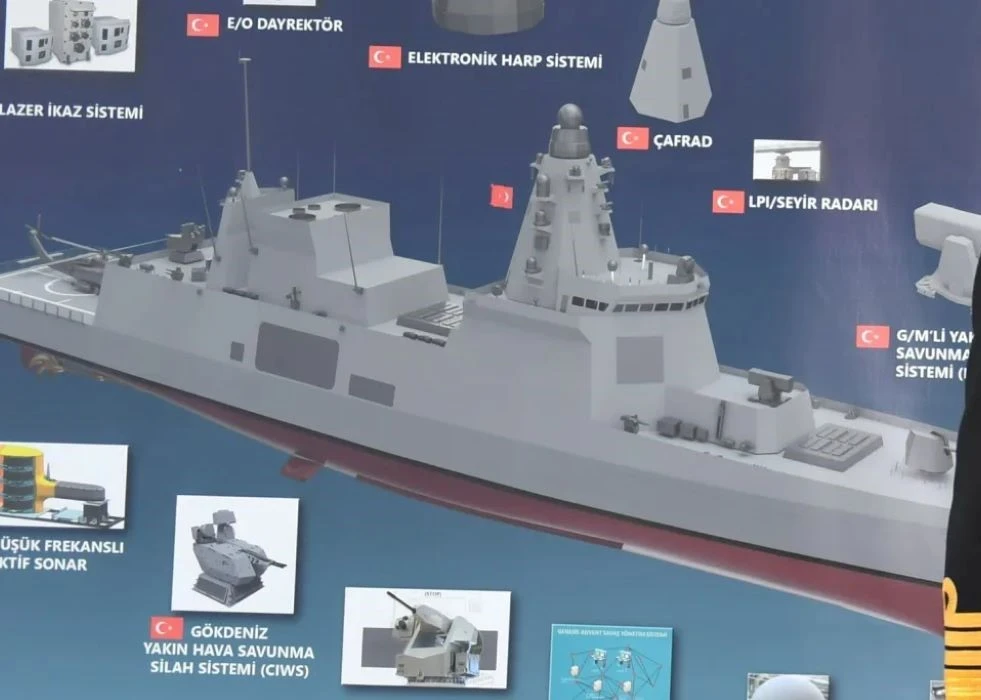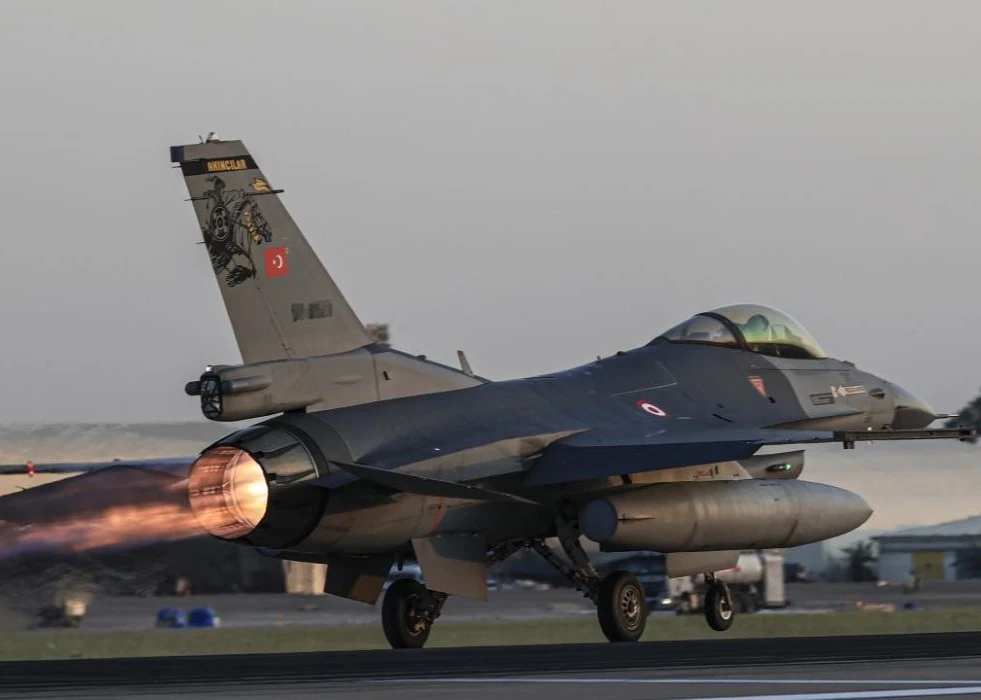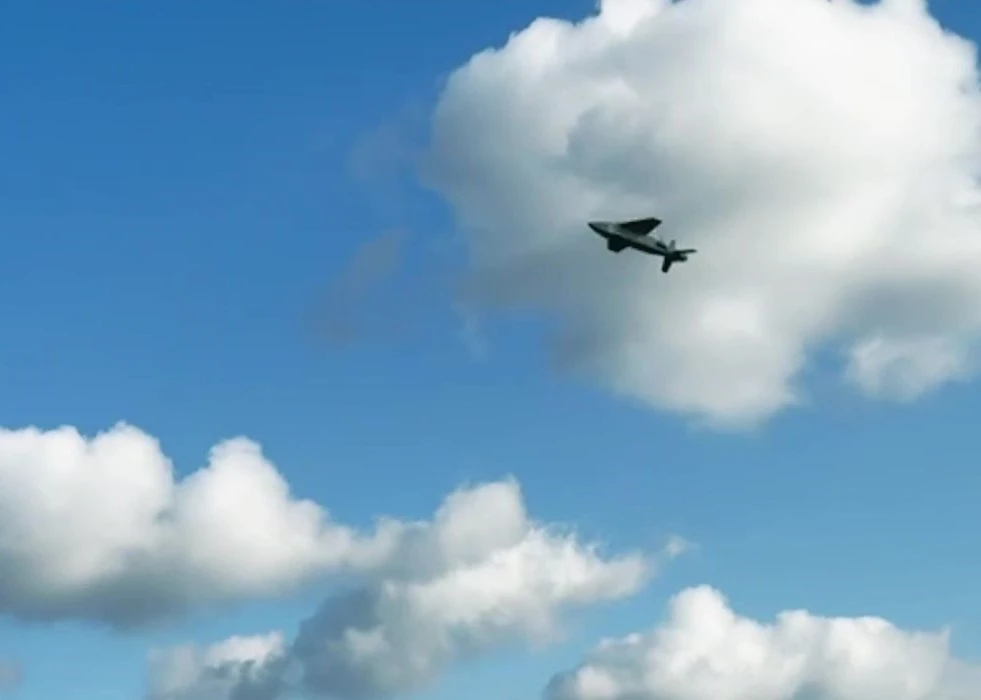Turkish astronaut Alper Gezeravcı has returned to Earth following his mission, which included 13 experiments. The experiments cover topics like metallurgy and biology. One of the missions draws attention with its roots and goals.
Turkiye has organised a science expedition to Antarctica for three years at the Turkish Antarctic Research Station (TARS). A type of single-celled algae was discovered during the Antarctic Turkish Science Team’s science expedition last year. These microalgae are seen as unique in the way that they can synthesise oxygen by absorbing dense amounts of carbon dioxide. Researchers hope these micro-organisms can solve issues with air and water at space vehicles and stations.
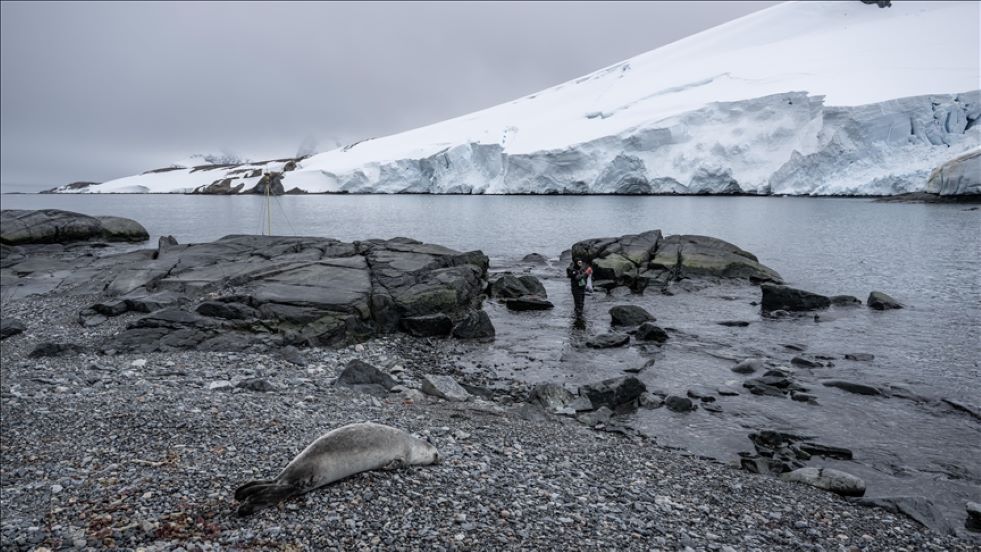
The project manager, Professor Didem Balkanlı Özçimen, at Yıldız Technical University once said evaluating new microalgae species resistant to space conditions will make an essential contribution to long-term space missions:
"Microalgae, which are easy to cultivate and high in nutrients, can be utilised as food for astronauts and contribute to space missions in various ways, including improved air quality and waste treatment. One of the obstacles of long-duration space missions, such as human settlement on the Moon or Mars, is the restricted amount of life support resources that can be brought aboard. We will use microalgae that have acclimated to extreme circumstances such as the poles and are robust to these conditions in space."


